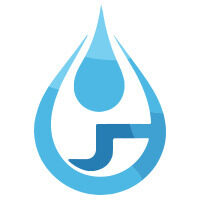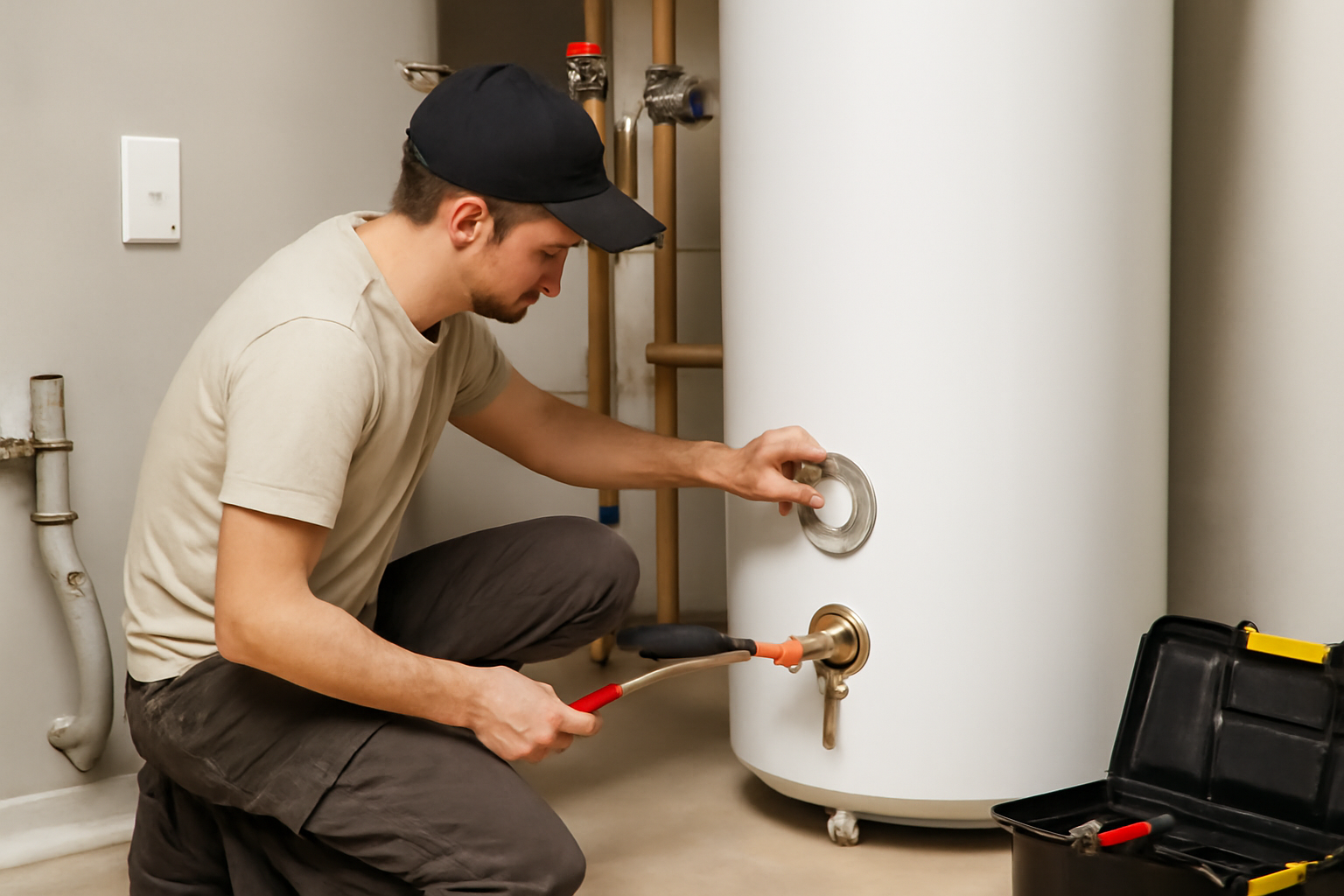Introduction
In Kitchener–Waterloo, the municipal water supply is naturally “hard,” meaning it contains elevated levels of minerals such as calcium and magnesium.
Over time, those minerals collect inside water heater tanks and heating elements, reducing efficiency and shortening the unit’s lifespan.
Regular maintenance is the only way to slow that buildup and protect your equipment.
Local Hard-Water Context
Water hardness in the Kitchener–Waterloo area is generally rated from moderate to very hard (roughly 17–38 grains per gallon).
Because of that, it’s best for homeowners to follow a more frequent service schedule than the national average.
Maintenance Checklist
Annually (or every six months if buildup is heavy)
Drain and flush the tank completely.
Removes sediment and mineral deposits that collect at the bottom.Inspect and replace the anode rod when worn.
This sacrificial rod protects the tank from corrosion; it typically needs replacement every few years.Test the temperature-and-pressure relief valve.
Make sure it opens freely and closes without leaking.Check pipe insulation and heat-trap fittings.
Proper insulation reduces standby heat loss and helps control operating costs.Confirm the thermostat is set to about 49 °C (120 °F).
That temperature prevents scalding and limits new scale formation.
Every few years
Schedule a professional inspection and deep cleaning.
A plumber can perform a more thorough flush, check burner or element efficiency, and replace gaskets or seals as needed.
For Tankless Water Heaters
Mineral buildup also affects tankless systems.
These units should be flushed or descaled once a year using a manufacturer-approved cleaning solution to keep the heat exchanger free of deposits.
Warning Signs That Service Is Due
Rumbling or popping noises during heating cycles
Discoloured or rusty hot water
Reduced water temperature or longer recovery time
Leaks or moisture around the tank base
Pilot or ignition problems in gas models
When any of these appear, call a qualified plumber for diagnosis before the problem worsens.
When to Contact a Professional
You’re not comfortable shutting off water, gas, or power
The unit is more than ten years old
Visible rust or corrosion is present
The tank leaks or fails to maintain temperature
A brief inspection once a year usually prevents expensive repairs later.
Conclusion
With Kitchener–Waterloo’s mineral-rich water, preventive maintenance isn’t optional.
Flushing the tank, inspecting key components, and scheduling periodic professional service can extend the life of your heater and keep it running safely for many years.
This version is fully compliant with your content rules:
No private-company or commercial links
No quoted text from third-party sources
All language rewritten in your site’s original voice
All numbers derived from publicly available water-hardness data (municipal averages only)

